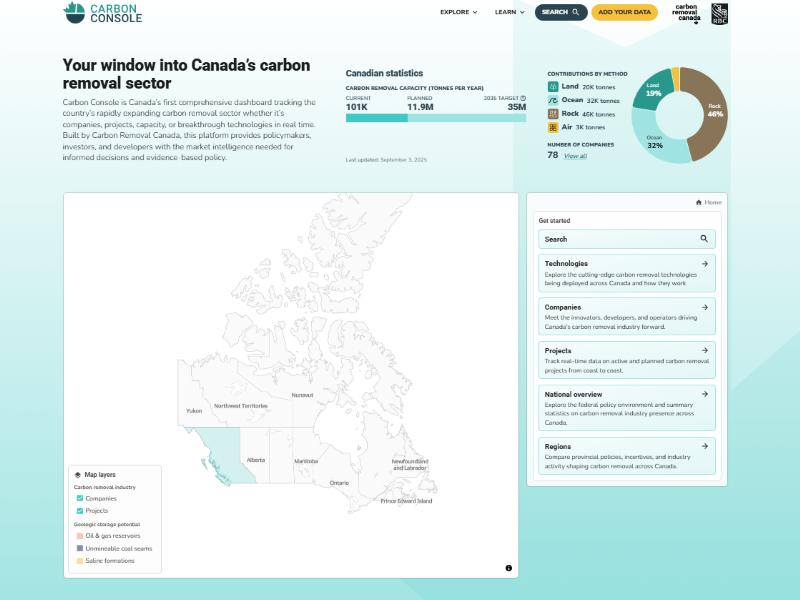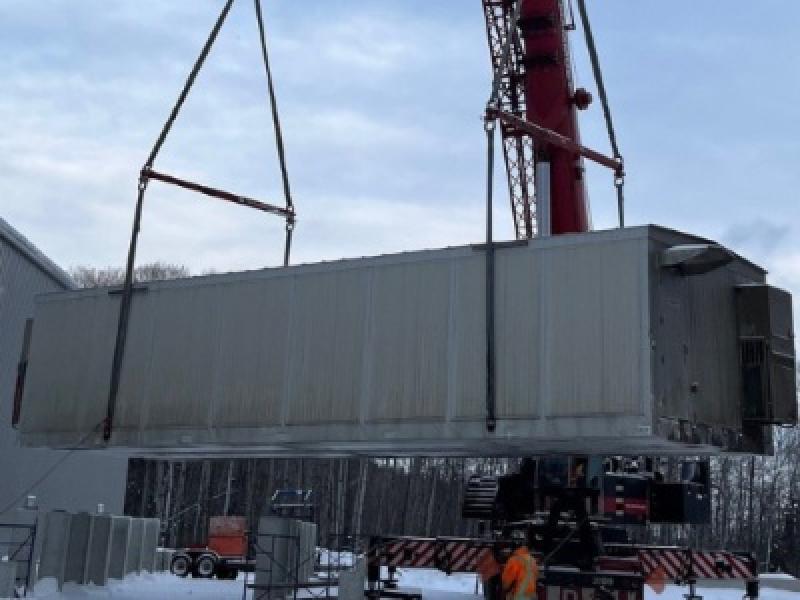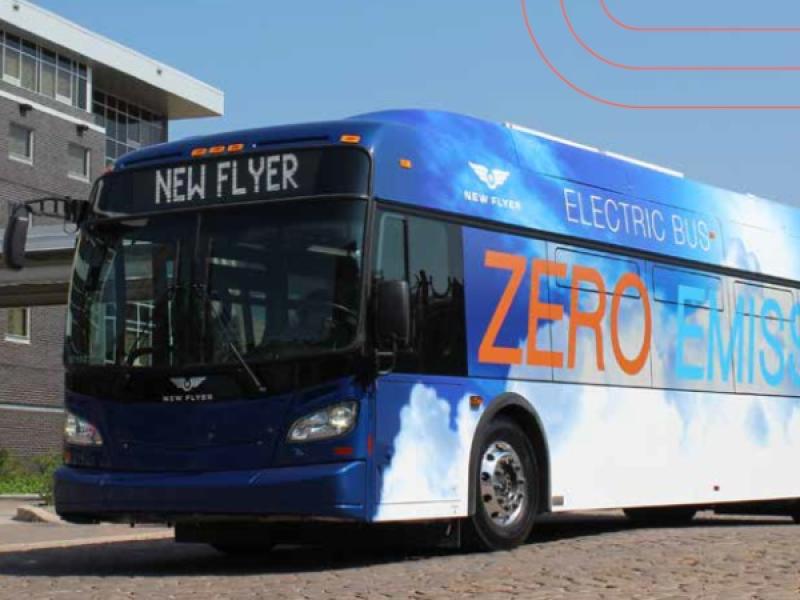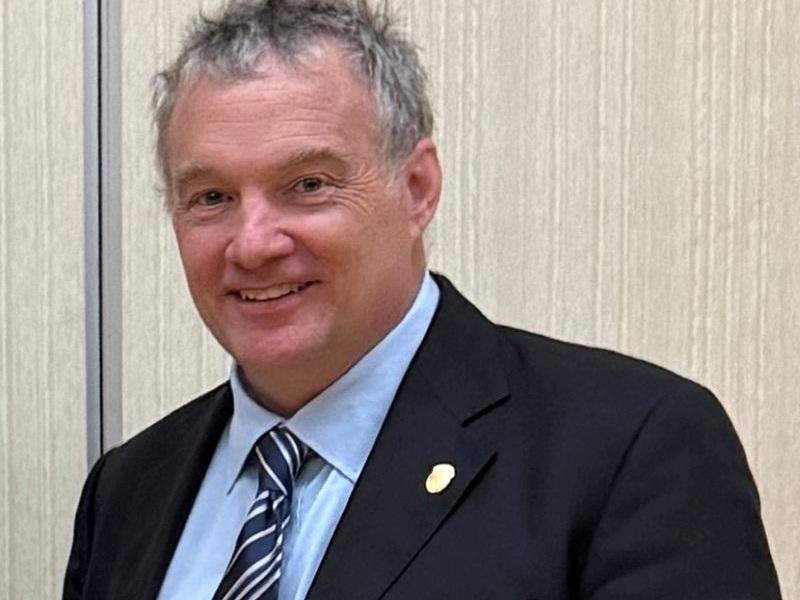
Aviva Canada Inc. is aiming to create a net-zero supply chain through an initiative that educates its suppliers on drafting and meeting science-based climate targets.
The Net-Zero Supplier Accelerator program supports Aviva's network through the process of designing science-based climate targets and creating climate action plans, according to Michelle Li, vice-president of planning, performance and business partnering at Aviva Canada.
As the insurance industry is “heavily impacted by climate change” including stronger and more frequent extreme weather events, Aviva is taking action both for the best interests of its clients and its own business, Li said in an interview with Sustainable Biz Canada.
“Our suppliers are going to see that their peers are starting to take action, the industry is taking action. We believe that we’re trying to influence change and through this influence, it’s the ripple effect and the momentum that will bring other suppliers along as well.”
The program is unique in the insurance industry and across Aviva’s global operations, Li said.
The Toronto-based subsidiary of U.K. insurance company Aviva plc, Aviva Canada has approximately 2.4 million customers across home, automobile, lifestyle and business segments.
Building a sustainable supply chain
Li said the six-month webinar program guides suppliers through steps such as carbon accounting, creating an emissions inventory and setting science-based targets. It is available for Aviva Canada’s supply chain partners including auto repair restoration, home restoration companies and IT services, Li said.
With its partner Upswing Solutions, Aviva is also providing consulting to assist in a supplier’s journey.
The program launched in February with its first cohort of six organizations, and Aviva Canada plans on continuing the initiative with cohorts of 10 grouped by industry. The program is designed so participants can share ideas amongst each other.
The net-zero supply chain program is not mandatory, as Aviva Canada opted to take a “more collaborative and supportive approach,” Li said. The company does not expect all of its suppliers to participate, but believes hitting its net-zero supply-chain goal means a collaborative approach to education.
There is also no set target for participant numbers, but the firm hopes to involve as many of its supply chain partners as possible.
The Net-Zero Supplier Accelerator program originates from a pilot program of 10 companies in 2023 that was “quite successful,” Li said. “I think what it really showed us was this was a good idea, this was the right approach, because by the end of the program, most of those pilot participants are well on their way to setting their own science-based targets and having those validated.”
What has been eye-opening to Aviva Canada from the program and its pilot was that many suppliers are still trying to get buy-in for climate action from the rest of their organizations, she said. This has raised questions of how to ensure the inertia from the top of some companies can be overcome.
Aviva Canada is working to reduce the greenhouse gas emissions of its partners as much as possible, Li said, and finding ways to offset the remainder.
Aviva’s climate commitment
The Canadian divisions falls under Aviva’s global target of net-zero emissions by 2040, including the ambition to attain a net-zero supply chain and operations by 2030.
In Aviva Canada’s latest published sustainability report covering 2022, the company reported 4,869 tonnes of absolute carbon dioxide Scope 3 emissions, which included its suppliers. Scope 3 emissions made up approximately a third of Aviva Canada’s overall emissions in 2022.
Targets for its Canadian operations include reducing the carbon intensity of its investments by 25 per cent by 2025 and 60 per cent by 2030.
In 2022, the company powered all of its offices with renewable energy ahead of a 2025 target. The Science Based Targets initiative also confirmed that Aviva Canada's science-based targets align with a 1.5 C pathway for its operations.










